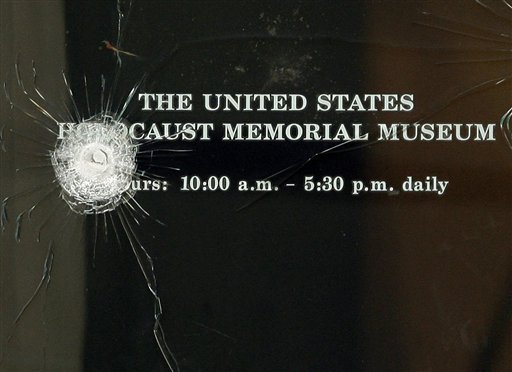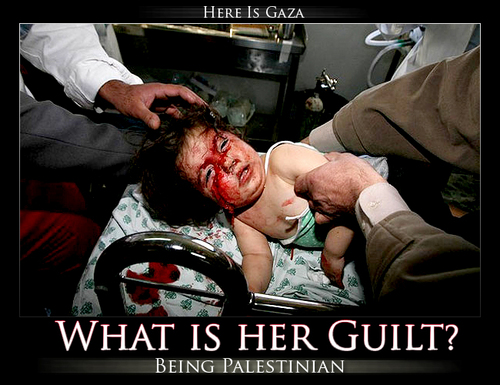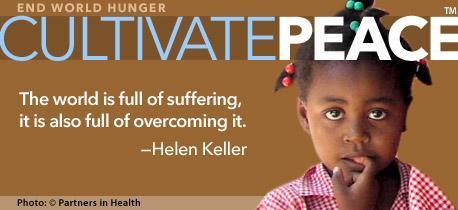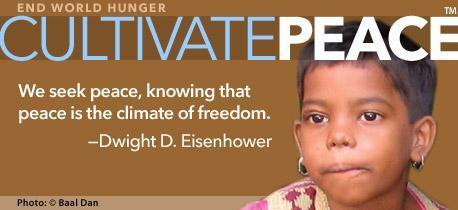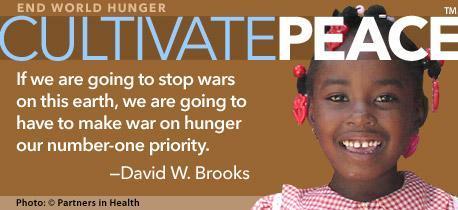"Remember the Holocaust"
That's the mantra we hear on Veteran's Day, and in any class we take on Modern World History. "Remember the Holocaust." Remember, so that we will never let it happen again. That's what we tell our students, that's what we tell our friends, that's what we tell ourselves.
But we aren't remembering the Holocaust. Because to remember the Holocaust, and for that memory to be a preventative measure against any future Holocaust, we cannot dwell in the tragedy of the past. We must be vigilant in defending against tragedy in the future. In the present. That's how あなた honor the victims of the Holocaust. Not によって conveniently "remembering" them once a 年 on a holiday, または running your fingers over their names carved in stone at a memorial.
The sentiment - "Remember the Holocaust" - is an important sentiment, and important rule, but it's not one we follow. And when we do, it's to rehash and explain the atrocities that happened decades ago, relive it, even be entertained によって it in film または documentary. All of these serve as "reminders." But these reminders have us looking backwards, and we miss what's going on around us.
There are a few things about "remembering" the Holocaust that bother me. First of all, when we remember the Holocaust, we talk about the horrible persecution and murder of Jews at the hands of the Nazis. But that's only half of the story. Fifty-five percent of the story, to be exact. Eleven million people were slaughtered in the Holocaust. Over half of them, six million people, were Jewish. Six million were also Polish, three million of them being Polish Jews. The other five million were of different religions, nationalities, races and sexual orientations. Blacks, gypsies, the disabled, gays, Christians and Jehovah's Witnesses. As victimized as the Jewish population was - these people were also victims. If we choose to remember the Holocaust, we have to remember all of it.
This is vitally important to consider, especially when looking at modern affairs. We dwell in the tragedy of the past, vow that it will never happen again, in any way shape または form, and yet we are blind to the fact that it is happening again, all over the world, in many different shapes and forms.
No, I'm not talking about abortion as Holocaust, または anything so trite and hyperbolic. I'm talking about honest-to-god slaughters of human beings in Sudan, in Burma, in Uganda, in Rwanda, in Yugoslavia, in Cambodia. In Israel and Palestine.
If we really want to remember the Holocaust, if we really want to remember the victims, then we have got to stop dwelling in the past and feeling shame and guilt as if it's something that's over and done with. It's not over. We have got to stop religious persecution of all kinds, around the world. We have got to stop wars against a defenseless population, which are really just massacres. We have got to stand up and defend all different walks of life, lest one または もっと見る groups be deemed "more evil" または "more insignificant" than OUR groups.
We have got to fight prejudice everywhere we see it. We have got to stand up for our own rights, and the rights of our brothers and sisters around the world.
Do あなた remember the Holocaust? Excellent. Because I cannot forget it. I still see it everywhere. It's impossible to forget something that continues to happen, that continues to be a daily reminder of man's inhumanity to man. So I'm glad that あなた remember the Holocaust, and あなた think it was a horrible tragedy. But your verbs are in the wrong tense. It is a horrible tragedy. It continues to be a disgusting thing, and it continues to persist.
Don't just remember the Holocaust. Fight it.
That's the mantra we hear on Veteran's Day, and in any class we take on Modern World History. "Remember the Holocaust." Remember, so that we will never let it happen again. That's what we tell our students, that's what we tell our friends, that's what we tell ourselves.
But we aren't remembering the Holocaust. Because to remember the Holocaust, and for that memory to be a preventative measure against any future Holocaust, we cannot dwell in the tragedy of the past. We must be vigilant in defending against tragedy in the future. In the present. That's how あなた honor the victims of the Holocaust. Not によって conveniently "remembering" them once a 年 on a holiday, または running your fingers over their names carved in stone at a memorial.
The sentiment - "Remember the Holocaust" - is an important sentiment, and important rule, but it's not one we follow. And when we do, it's to rehash and explain the atrocities that happened decades ago, relive it, even be entertained によって it in film または documentary. All of these serve as "reminders." But these reminders have us looking backwards, and we miss what's going on around us.
There are a few things about "remembering" the Holocaust that bother me. First of all, when we remember the Holocaust, we talk about the horrible persecution and murder of Jews at the hands of the Nazis. But that's only half of the story. Fifty-five percent of the story, to be exact. Eleven million people were slaughtered in the Holocaust. Over half of them, six million people, were Jewish. Six million were also Polish, three million of them being Polish Jews. The other five million were of different religions, nationalities, races and sexual orientations. Blacks, gypsies, the disabled, gays, Christians and Jehovah's Witnesses. As victimized as the Jewish population was - these people were also victims. If we choose to remember the Holocaust, we have to remember all of it.
This is vitally important to consider, especially when looking at modern affairs. We dwell in the tragedy of the past, vow that it will never happen again, in any way shape または form, and yet we are blind to the fact that it is happening again, all over the world, in many different shapes and forms.
No, I'm not talking about abortion as Holocaust, または anything so trite and hyperbolic. I'm talking about honest-to-god slaughters of human beings in Sudan, in Burma, in Uganda, in Rwanda, in Yugoslavia, in Cambodia. In Israel and Palestine.
If we really want to remember the Holocaust, if we really want to remember the victims, then we have got to stop dwelling in the past and feeling shame and guilt as if it's something that's over and done with. It's not over. We have got to stop religious persecution of all kinds, around the world. We have got to stop wars against a defenseless population, which are really just massacres. We have got to stand up and defend all different walks of life, lest one または もっと見る groups be deemed "more evil" または "more insignificant" than OUR groups.
We have got to fight prejudice everywhere we see it. We have got to stand up for our own rights, and the rights of our brothers and sisters around the world.
Do あなた remember the Holocaust? Excellent. Because I cannot forget it. I still see it everywhere. It's impossible to forget something that continues to happen, that continues to be a daily reminder of man's inhumanity to man. So I'm glad that あなた remember the Holocaust, and あなた think it was a horrible tragedy. But your verbs are in the wrong tense. It is a horrible tragedy. It continues to be a disgusting thing, and it continues to persist.
Don't just remember the Holocaust. Fight it.



